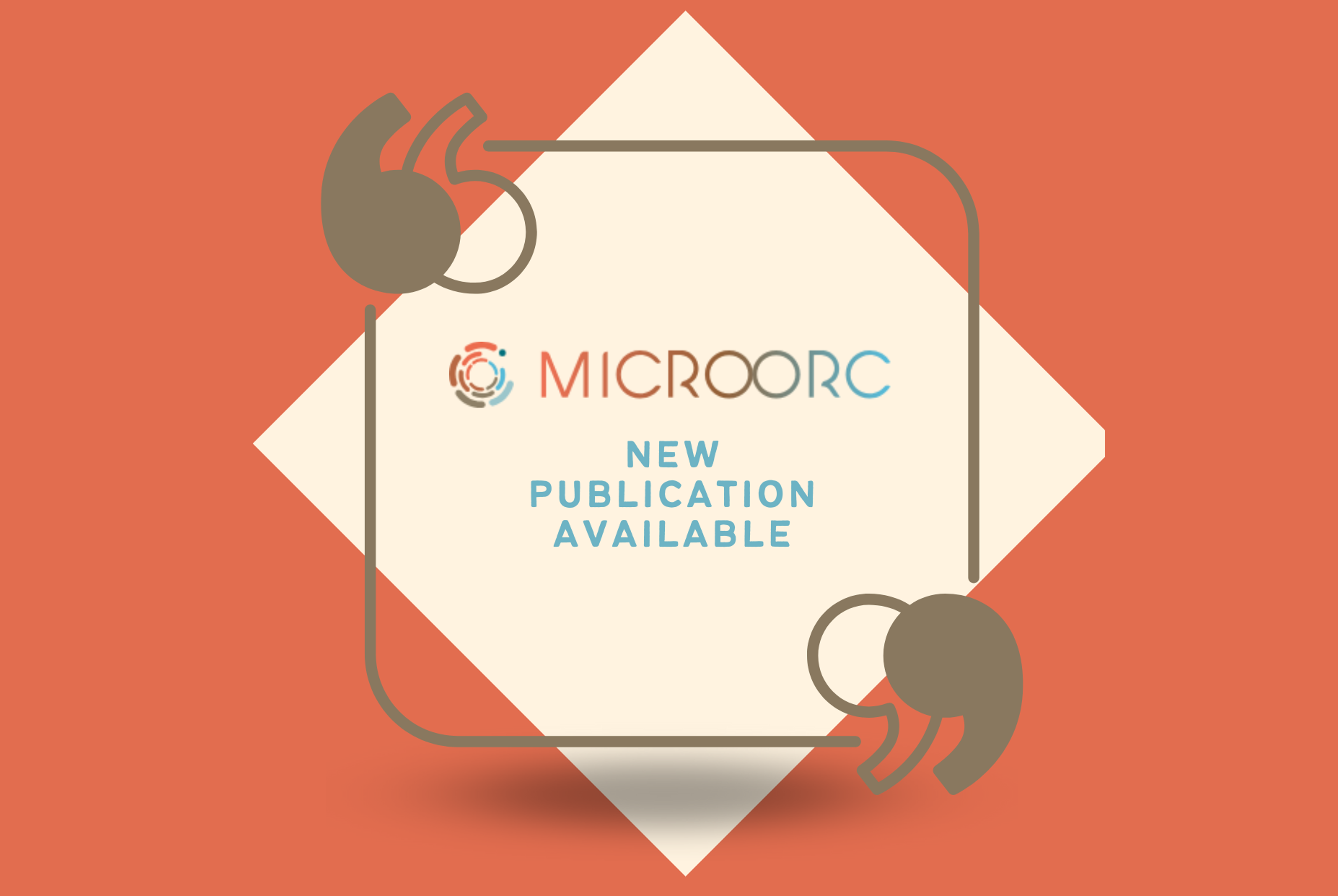
A new scientific output has been published within the frame of the EU-funded MICROORC project, authored by Marianne Thomsen, Françoise Leroi, Delphine Passerini, Milena Siemiatkowska, Tirzania Sopacua, Véronique Zuliani, Kristina Andersson, Paula Teixeira, Fatima Poças, Even Heir, and Solveig Langsrud.
The study explores the use of biosolutions such as food cultures and fermentates as innovative alternatives to traditional food preservation methods. These approaches enhance food quality and safety, help reduce waste, maintain nutritional and sensory properties, and enjoy high consumer acceptance.
The research emphasizes the role of biosolutions in supporting sustainable and resilient food systems by reducing foodborne illnesses, promoting circular economy principles, and fostering consumer trust. It also considers the environmental sustainability of these solutions and their compliance with European regulatory frameworks.
By adopting a holistic approach, the authors provide guidance for industry stakeholders and policymakers aiming to integrate biosolutions into future food production systems that are resource-efficient and environmentally conscious.
This contribution marks another important step of the MICROORC project in driving innovation for a safer, more sustainable food value chain.
 Funded by the
European Union under Grant Agreement N° 101136248. Views and opinions expressed are however those of the
author(s) only and do not necessarily reflect those of the European Union or REA. Neither the European
Union nor REA can be held responsible for them.
Funded by the
European Union under Grant Agreement N° 101136248. Views and opinions expressed are however those of the
author(s) only and do not necessarily reflect those of the European Union or REA. Neither the European
Union nor REA can be held responsible for them.